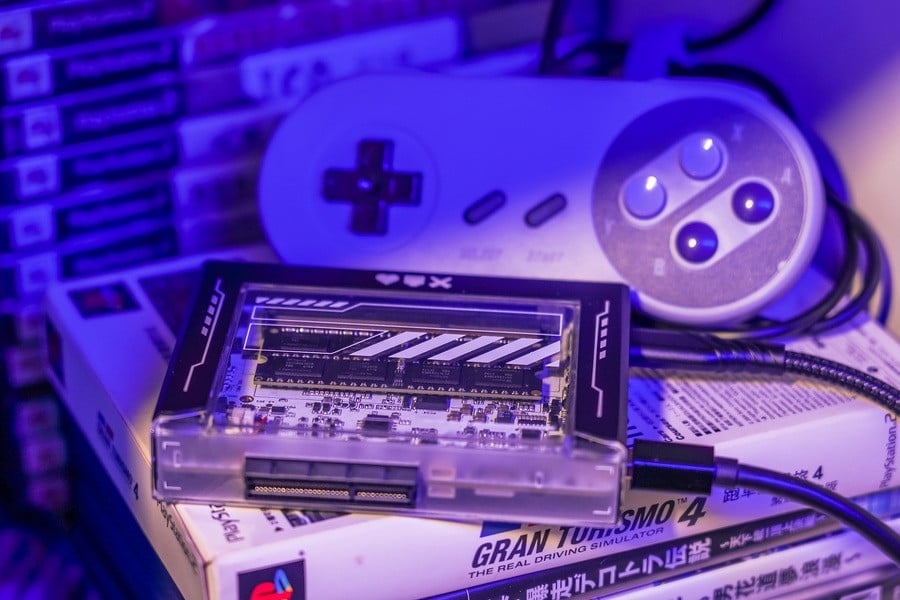
A new single-board computer is offering an alternative when it comes to retro game emulation.
The ZimaBlade measures just 107 x 80 x 23 mm and is powered by Intel's Celeron chipset, offering an x86-based computing solution for 'cyber natives', small business owners and – most exciting of all – retro gamers.
A follow-up to the popular ZimaBoard, which raised over $100,000 on Kickstarter a while back, the ZimaBlade (which starts from just $64) has a wide range of applications. Creator IceWhale is pitching it as a "lightweight personal server" for those who want "complete control over their footprint and don’t want to deal with ads, tracking cookies, and shady terms of service agreements from big companies like Google and Facebook."
The company is also keen to pitch the ZimaBlade to business owners who can't afford expensive server options, as well as "tech tinkers" who love messing about with hardware but are on a budget.
Available in two forms – ZimaBlade 3760 (dual-core Celeron N3350) and ZimaBlade 7700 (quad-core Celeron J3455) – this single-board computer certainly feels like a cheap and cheerful way to 'stick it to the man' and take your activities off the grid – but here at Time Extension, we're most interested in its ability to shake up the current home emulation scene, which is dominated by Raspberry Pi-powered systems at one end of the market and expensive FPGA options – like MiSTer – at the other.
What's immediately apparent with the ZimaBlade is that it requires a bit of effort (and expense) to get working correctly; while the main module itself is fairly cheap and comes with a wide range of ports and connections, you'll have to invest in other elements to get it up and running.
However, once you've done that, you've got an exceptionally powerful platform for classic gaming. The device comes pre-loaded with the open-source CasaOS operating system, which is pretty easy to find your way around, while emulation support covers Windows 10, RetroPie, Recalbox, Lakka, Batocera, and desktop Linux distros – making this a versatile means of playing your favourite games from the past few decades of interactive entertainment history.
As with any DIY tech project, ZimaBlade is going to take quite a bit of work to get your head around, but it's great to have another option on the market when it comes to low-cost emulation. If you fancy taking the plunge, head to the ZimaBlade crowdfunding page.
